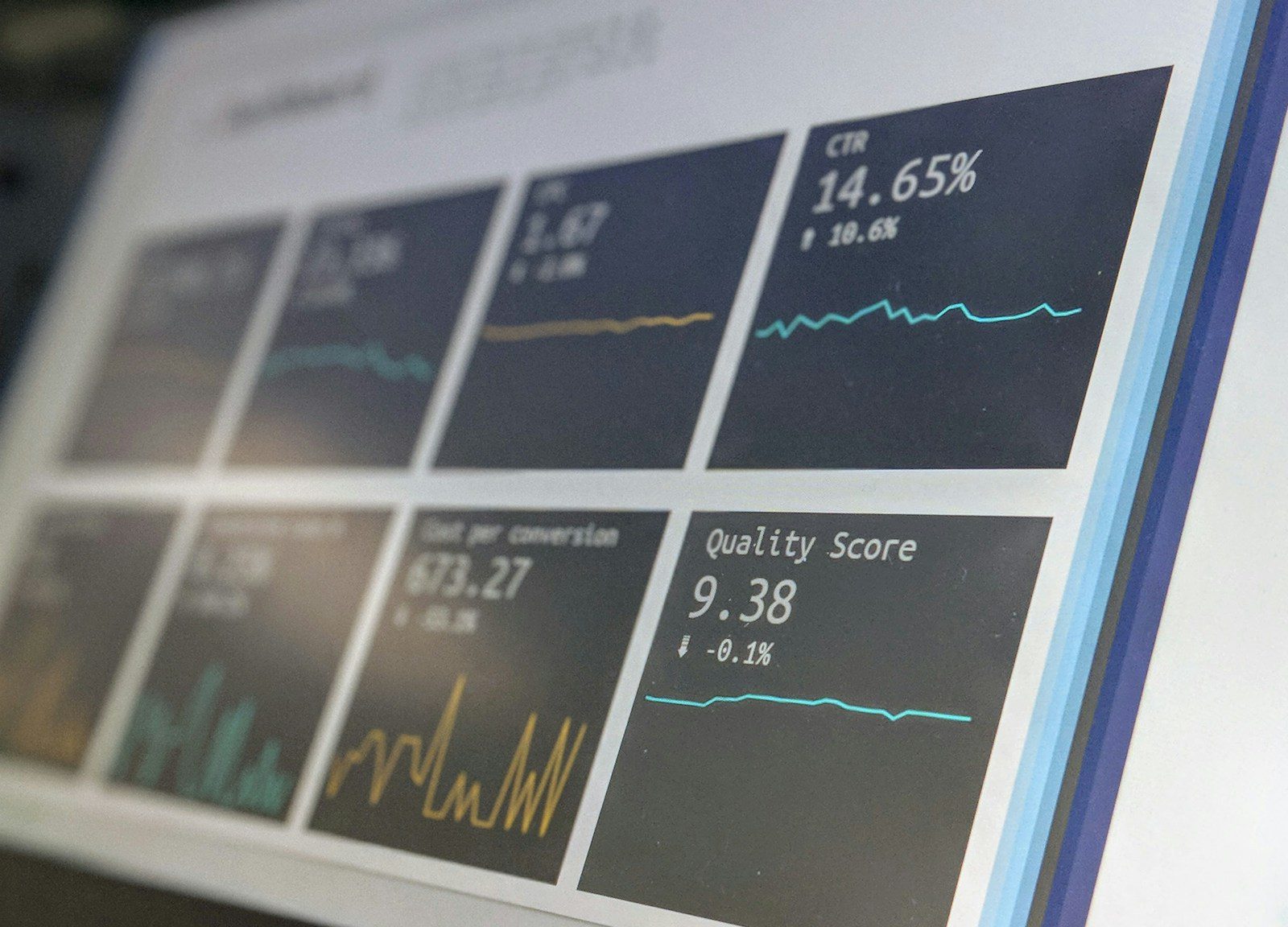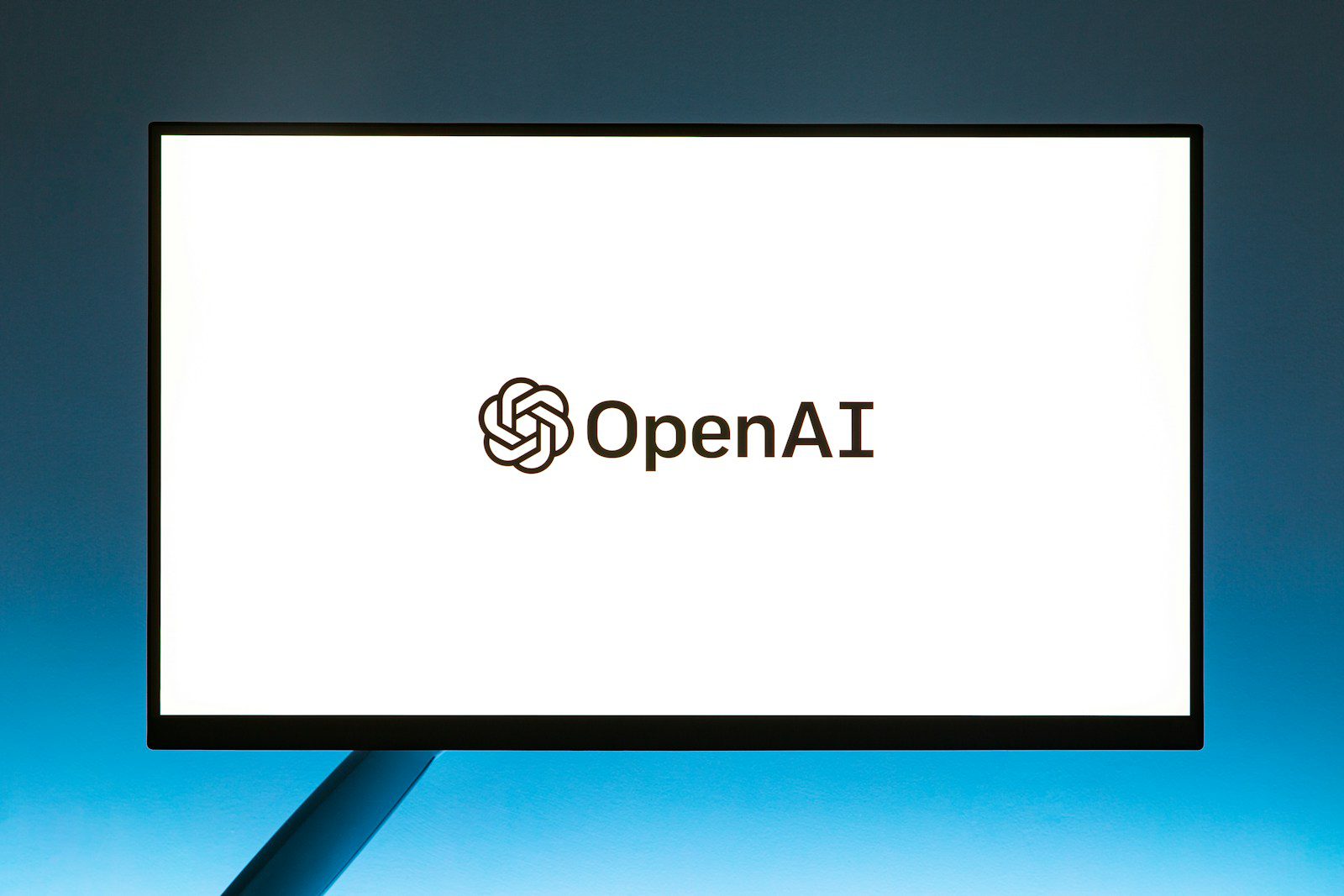
Social media: it’s a land of likes, shares, and endless scrolling. But for businesses, it’s also a powerful tool for generating leads and driving sales. In 2024, however, simply getting likes isn’t enough. You need a strategy that transforms casual scrollers into engaged leads. So, how do you turn those likes into leads? Follow along for some key strategies for mastering social media marketing in 2024.
Content is King (and Queen). High-quality content is the foundation of any successful social media strategy. But in 2024, it’s not just about creating any content – it’s about creating content that resonates with your target audience. Know your audience: Before you start posting, understand your ideal customer’s demographics, interests, and pain points. Variety is key: Experiment with different content formats – eye-catching visuals, informative blog posts, interactive polls, and engaging videos – to keep your audience interested. Focus on value: Don’t just promote your products or services. Provide valuable content that educates, entertains, or solves problems for your audience.
Build a community. Social media is all about building relationships. In 2024, focus on fostering a community around your brand. Respond to comments and messages promptly. Run contests and giveaways to encourage engagement. Highlight user-generated content to show appreciation and build trust. Host live Q&A sessions or interviews with industry experts to spark conversation.
Leverage the lead magnet. Social media is a great platform to capture leads. But you need to offer something of value in exchange for their contact information. Create downloadable guides, ebooks, or cheat sheets related to your industry. Offer free consultations or trials of your product or service. Host exclusive webinars or workshops in exchange for registration.
Embrace the data revolution. Social media platforms offer a wealth of data about your audience and their engagement with your content. Use this data to inform your strategy. Track key metrics like reach, engagement, and click-through rates. A/B test different content formats and posting times to see what resonates best. Use analytics to identify high-performing content and replicate your success.
Social commerce takes center stage. In 2024, social media is no longer just a promotional platform – it’s a selling platform too. Many platforms offer built-in shopping features. Utilize them to showcase your products and make purchasing seamless. Run targeted social media ads to reach a wider audience and drive sales. Partner with social media influencers to promote your products to their engaged audience.
By implementing these strategies, you can transform your social media presence from a collection of likes to a lead generation machine. Remember, social media marketing is a marathon, not a sprint. Be patient, consistent, and data-driven, and you’ll see your efforts pay off in 2024 and beyond.








